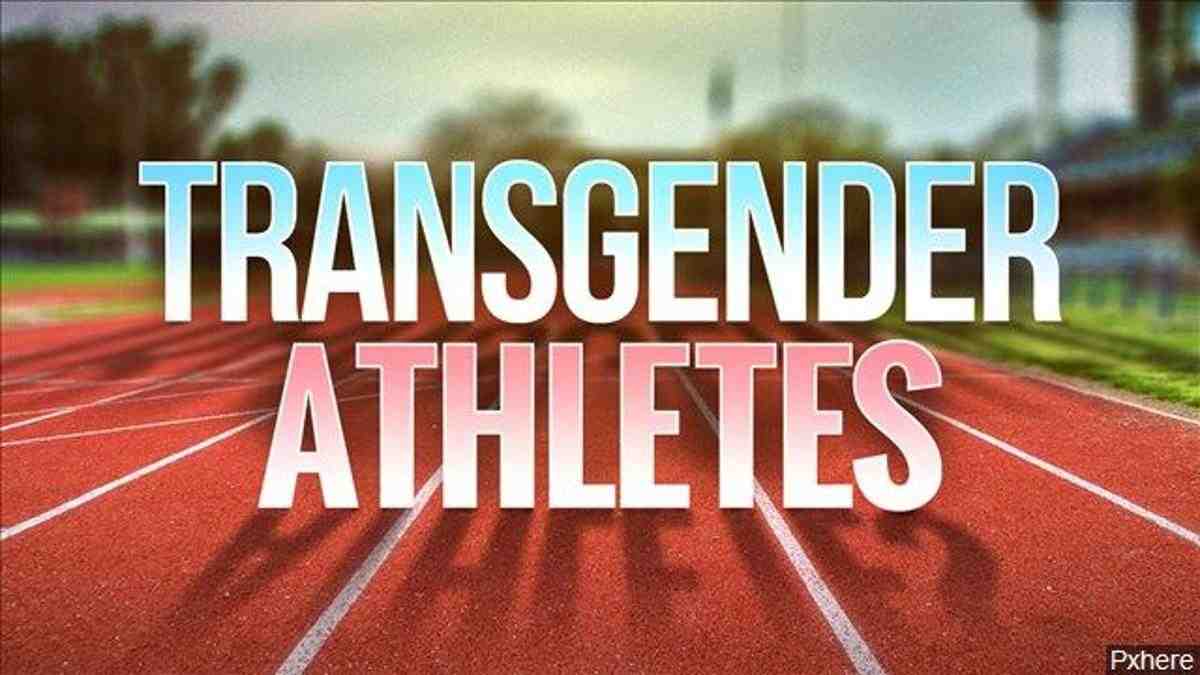Indiana Transgender Athlete Ban on Fast Track to Governor
The Indiana Senate on Tuesday refused to amend a Republican-backed bill banning transgender women and girls from participating in school sports that match their gender identity, and b so put it on the fast track to get through.
If the full Senate approves the bill, which could take effect as early as Thursday, it will go to the governor for consideration. The Indiana House has already gone through it.
Republican Gov. Eric Holcomb has not publicly commented on the proposal. A spokesman for the governor’s office did not provide an additional comment on Tuesday.
Legislators in the Senate are moving forward with the ban – making no changes to its language – after the House advanced the bill last month, largely on the party lines.
Five Republican senators joined 11 Senate Democrats Tuesday in an unsuccessful effort to prevent the ban from moving forward by referring the matter to a special study committee that meets after the session ends. this year’s legislative session. Those Republicans were Ron Alting of Lafayette, Eric Bassler of Washington, Vaneta Becker of Evansville, Chip Perfect of Lawrenceburg and Kyle Walker of Indianapolis.
Another failed amendment offered by Democratic Senator J.D. Ford, of Indianapolis, required the Indiana High School Athlete Association (IHSAA) to maintain policies on the eligibility of gender-based athletes.
A separate beaten proposal offered by Ford would set up a scholarship fund for transgender athletes and require the Indiana Attorney General’s Office to contribute money equivalent to a year’s worth of fighting lawsuits. new potential.
Local

Representatives from the American Civil Liberties Union said the group would sue if the “hate law” was signed into law in Indiana. To see also : WILLIAM SIMMONS TO BE SWORN IN AS INDIANA MAYOR TONIGHT.
Corrine Youngs, policy director and legislative attorney for Attorney General Todd Rokita, testified in the state in support of the bill, noting that Rokita’s office sees the bill as a way to protect “best progress. made for women “in athletics. She added that the bill is “constitutional,” and if challenged, “we will defend it in court.”
Ford said defending such a law would be “terrible” for Indiana’s image and a “waste” of taxpayer dollars.
“Senators, these are children we are actively attacking,” Ford said Tuesday. “For me, we can have a debate about the LGBTQ-plus community, but we shouldn’t and shouldn’t have a debate about human existence for these children.”
Republican Michelle Davis, a Republican from Greenwood who wrote the bill, said its purpose is to “maintain fair competition in girls’ sports.”
Opponents argue that the bill is unconstitutional, sexist and bigoted, stressing that it targets already vulnerable transgender Hoosier youth. They also say that this amounts to a solution to a problem that does not exist.
Emma Vosicky, executive director of GenderNexus, an Indianapolis-based social service agency for trans and non-track people and their families, stressed that transgender students in Indiana already participate in “no-exit” school sports.
The proposal prohibits K-12 students who are born male but identify as female from participating in a sport or athletic team that is chosen for women or girls. But it does not prevent students who identify as transgender women or men from playing on men’s sports teams. It also does not apply to sport at the collegiate level.
Former Indiana Republican Representative Christy Stutzman proposed similar legislation in 2020, although the bill was not advanced by the House education committee.
Democrats have argued that such bills are “discriminatory” and “harmful to children.” They also claim that the IHSAA already has a policy requiring transgender girls who want to play sports to show that they have completed hormone therapy, and that their muscle mass or bone density is typical of girls. others of the same age.
If the bill passes the Legislature, Indiana could be the 11th Republican-dominated state to adopt such a ban on transgender women or girls. Federal judges have stopped law enforcement in two of those states, Idaho and West Virginia. The U.S. Department of Justice has challenged bans in other states, calling them violations of federal law.




Comments are closed.